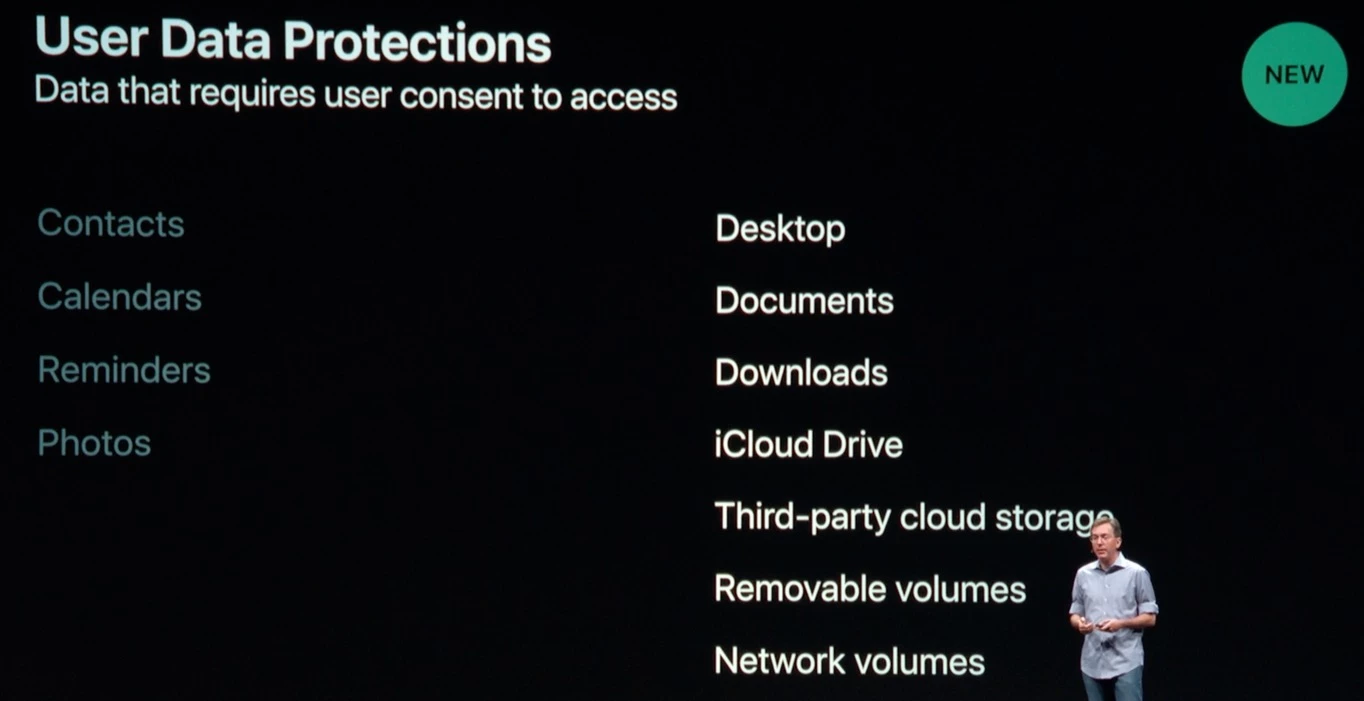Just a heads up as it wasn't in the main presentation yesterday, but bash is no longer the default shell for macOS
Question
Heads up for admins, zsh in now default shell for macOS Catalina
Enter your E-mail address. We'll send you an e-mail with instructions to reset your password.











